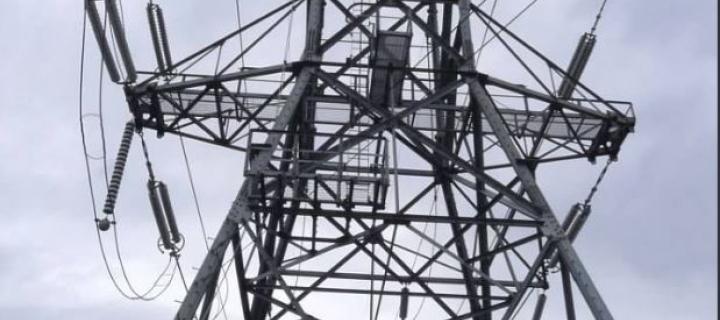News
Contact
The $500,000,000 Question: "Asset Condition" Transmission Projects
Consumer Advocate asks PUC to move forward with investigation

Today the Office of the Consumer Advocate urged the New Hampshire Public Utilities Commission (PUC) to move forward with an investigation of hundreds of millions of dollars in transmission-related costs that are being imposed on the state’s electric ratepayers.
At issue are so-called “Asset Condition” projects, which involve repair, replacement, and upgrades of existing high-voltage transmission lines. Unlike entirely new transmission projects – which are commissioned according to a rigorous planning process overseen by the regional grid operator ISO New England – Asset Condition projects essentially receive no scrutiny at present.
“In New England overall, there are nearly $5 billion in these Asset Condition projects that are proposed, planned, or already under construction,” said Consumer Advocate Donald Kreis. “Our ratepayers are responsible for roughly ten percent of these costs – which means half a billion dollars charged to our state’s struggling ratepayers.”
“Nobody is evaluating this spending to figure out whether it is prudent and reasonable,” added Kreis. “In the region that pays the highest transmission rates in the country, this is an unacceptable situation.”
How could this possibly be? Kreis pointed to so-called “formula” transmission rates as approved by the Federal Energy Regulatory Commission (“FERC”). Under formula rates, transmission owners – including, in New Hampshire, both Eversource Energy and National Grid – simply plug the claimed costs of transmission projects into previously approved rate formulas and recoverable costs go up automatically.
The Consumer Advocate stressed that his office cannot claim the credit for bringing this Asset Condition project crisis to the fore. In the first instance, he lauded NESCOE (the New England States Committee in Electricity, which represents the six New England states in regional electric matters) for drawing attention to this issue beginning in February.
“I’m really grateful to NESCOE for sounding the alarm on Asset Condition projects,” said Kreis. He added that, according to NESCOE, the cost of these Asset Condition projects has increased nearly 50 percent since the states first raised this issue in February.
“NESCOE has to be polite, because it represents the six New England governors,” said the Consumer Advocate. “But I can be more blunt. We are all captive customers of the region’s bulk power transmission system, and transmission owners like Eversource and National Grid are taking advantage of our captivity.”
Kreis also credited an individual New Hampshire citizen and ratepayer – Kris Pastoriza of Easton – for bringing this issue to the attention of the state PUC by formally requesting that state regulators conduct an investigation. “I heartily support Ms. Pastoriza in her quest to get our PUC to look into this,” said Kreis, “and I think she is a hero for asking for such a probe.”
Responding to Pastoriza’s request, the PUC sought briefs on the question of whether it may investigate Asset Condition projects or whether such an effort would be preempted by federal law. Pursuant to the Federal Power Act, it is FERC’s job to regulate the cost of interstate transmission lines such as the ones involved in Asset Condition projects. The Supremacy Clause of the U.S. Constitution precludes states from usurping the authority of Congress and federal agencies – a concept known as preemption.
“The PUC should not be intimidated if the transmission owners shout the word ‘preemption’ at them,” said the Consumer Advocate. “Nothing in the Federal Power Act tells state regulators they cannot look into a problem like this. At a later stage, the PUC or the state Department of Energy, or even our office, can figure out whether the PUC should act or whether we should ask FERC to act.”
It is worth noting that transmission is where Eversource’s New Hampshire subsidiary – formally known as Public Service Company of New Hampshire (PSNH) – is making most of its money these days. According to figures filed by Eversource with the PUC, for the 12 months ending on March 31, transmission accounted for 58 percent of PSNH’s net operating income. PSNH reported that its transmission business in New Hampshire earned an 11.68 percent return on shareholder equity over those 12 months, compared to just 7.19 percent on its state-regulated distribution assets.
“Our consulting experts have been telling me, industry insiders have been telling me, and members of the board of ISO New England have been telling me that we must do something about Asset Condition projects,” said Kreis. “My counterparts around the region agree. It is time for action.”
-30-



